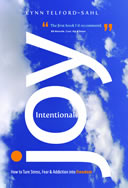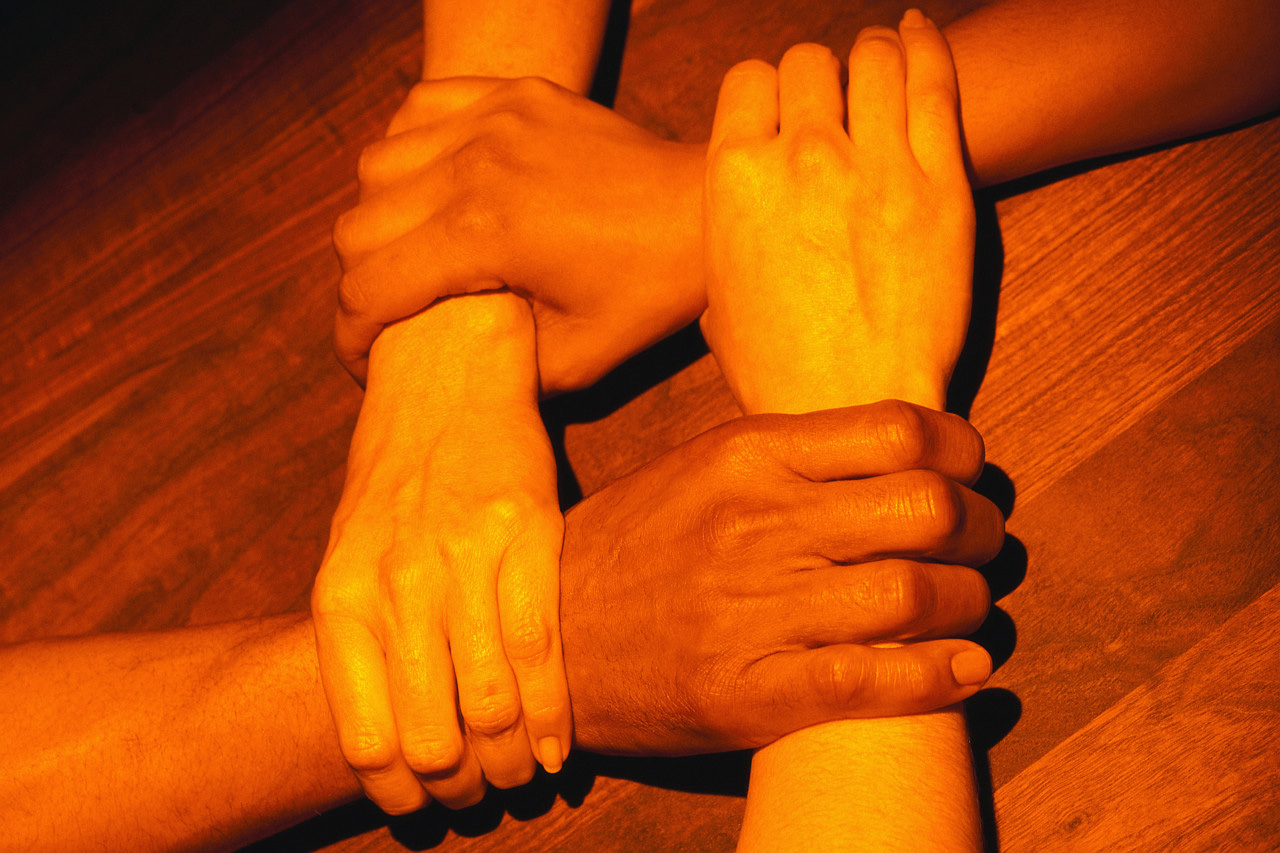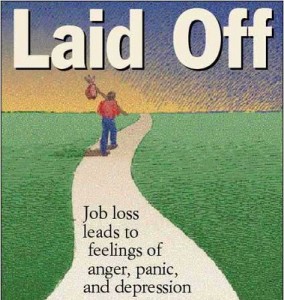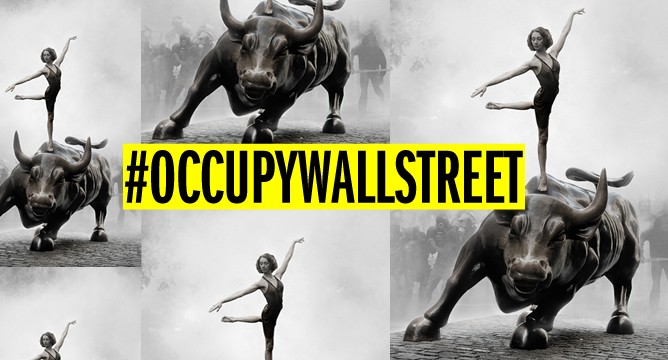Mature Enough to Make More Money - and Keep It?
 Wednesday, November 9, 2011 at 11:52AM
Wednesday, November 9, 2011 at 11:52AM  2 Comments
2 Comments I work with women in business who want to make more money. Some have what it takes, some don’t. How do we know?
A friend shared a story from T. Harv Ecker of Millionaire Mindset fame. He’s made a lot of money; from what I can tell mostly from teaching people how to make more money.
He says making more money is sort of like ice cream. We have to be mature enough to earn the right to a double or triple scoop. You know how you take your 5 year old to the ice cream store and they’re all excited to eat ice cream. You're thinking one scoop is plenty. But then they see a 10 year old who has two scoops. Or grown ups with a banana split. Now they're not satisfied. They want two scoops. They throw a fit, but, you let them know that’s it. One scoop. On the way out of the store, plop goes their ice cream. "See, you tell them. You weren’t ready for more than one scoop." After a couple of experiences, they figure out what it takes to handle one scoop. Then they're ready for more.
a double or triple scoop. You know how you take your 5 year old to the ice cream store and they’re all excited to eat ice cream. You're thinking one scoop is plenty. But then they see a 10 year old who has two scoops. Or grown ups with a banana split. Now they're not satisfied. They want two scoops. They throw a fit, but, you let them know that’s it. One scoop. On the way out of the store, plop goes their ice cream. "See, you tell them. You weren’t ready for more than one scoop." After a couple of experiences, they figure out what it takes to handle one scoop. Then they're ready for more.
It's the same with money. In the beginning of our life, we're not ready for more money. Most of us make lots of mistakes with money. We open credit cards, ring up balances, get into debt, overshop or overspend. We haven't yet earned the right to more money.
If we learn from our money mistakes, it matures us. We begin to understand our relationship with money and what it takes not only to make it but to keep it. As Robert Kiyosaki says, 'it’s not about how much money you make, it’s about how much you keep." Play his game Cash Flow sometime. It’s like Monopoly on steroids and very quickly demonstrates where you're really  at with your money consciousness.
at with your money consciousness.
Financial maturity takes practice and patience. Enjoy and learn from your one money scoop until you're ready for two, or more.
 Lynn Telford-Sahl tagged
Lynn Telford-Sahl tagged  ice cream,
ice cream,  millionaire mindset,
millionaire mindset,  money consciousness,
money consciousness,  money mistakes,
money mistakes,  more money,
more money,  rich dad poor dad,
rich dad poor dad,  robert kiyosaki,
robert kiyosaki,  t. harv eker
t. harv eker























